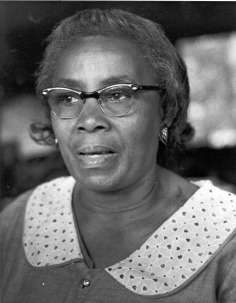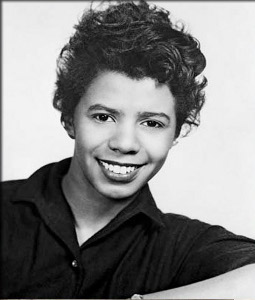A Quote by Elizabeth Cady Stanton
The more I think on the present condition of woman, the more am I oppressed with the reality of their degradation.
Related Quotes
I am not a historian, but I find myself being more and more fascinated by history and now I find myself reading more and more about history. I am very interested in Napoleon, at the present: I'm very interested in battles, in wars, in Gallipoli, the First World War and so on, and I think that as I age I am becoming more and more historical. I certainly wasn't at all in my early twenties.
A status not freely chosen or entered into by an individual or a group is necessarily one of oppression and the oppressed are by their nature (i.e., oppressed) forever in ferment and agitation against their condition and what they understand to be their oppressors. If not by overt rebellion or revolution, then in the thousand and one ways they will devise with and without consciousness to alter their condition
Certainly, I am writing as a 21st-century woman, so I am much more inclined to view her as a three-dimensional woman. I think we keep coming up with this stubborn problem of a woman being judged by her appearance rather than her accomplishments. We are much more inclined to ask: was Cleopatra beautiful?
The object of a dialogical-liberterian action is not to 'dislodge' the oppressed from a mythological reality in order to 'bind' them to another reality. On the contrary, the object of dialogical action is to make it possible for the oppressed, by perceiving their adhesion, to opt to transform an unjust reality." "In order for the oppressed to unite they must first cut the umbilical cord of magic and myth which binds them to the world of oppression; the unity which links them to each other must be of a different nature.





































